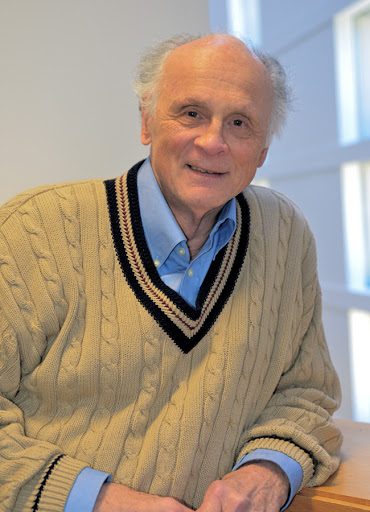As a child of the University of Iowa -- literally and figuratively -- its current financial woes are troubling.
Frankly, I don't think the Iowa Legislature can pass the laugh test when it awards $12 billion in tax breaks while fashioning a $7 billion state budget and then says it "can't afford" to adequately fund its "state" universities.
The truth? It just has other priorities.
What to do?
The American Academy of Arts & Sciences recommends its Lincoln Project's "An Educational Compact for the 21st Century" (http://tinyurl.com/hk59pq9). It's not the first proposal for our plight, and won't be the last -- but it's coherent and data driven.
On March 9, the Academy organized a powerhouse panel in Iowa City (and later Des Moines) to discuss this Compact. It was headed by the project's co-chair, Mary Sue Coleman, President, Association of American Universities, and former president of the Universities of Iowa and Michigan. Joining her were UI President Bruce Harreld and former University of Illinois Chancellor Phyllis Wise.
Our multi-faceted Jim Leach added to the panel his experience as our former member of Congress, Chair of the National Endowment for the Humanities, and currently UI's Senior Scholar, Chair in Public Affairs, Professor of Law, and Interim Director, Museum of Art.
It turns out that Iowa's woes are part of a national trend. States' support of research universities declined 35% the last 17 years (per full-time student, in constant dollars). Private universities have three-to-four times state schools' funding per student.
We can hope for a brighter future, but as President Harreld said, "Hope is not a strategy. We may need a 'Plan B.'"
There's more to the Educational Compact than a column can hold: the impact of research universities' discoveries on Iowa's (and the world's) economic growth and job creation (the mere purchases of eight schools put $2 billion into 1750 counties one year), their research that corporations can't or won't do, their advances in medical science, their innovative cost-cutting efforts, the economic as well as personal value from arts and humanities (Jim Leach's HUMANISTEAM), or their financial aid for low income undergrads, among many others.
The tuition-free college programs of California and New York -- and the one in the post-World War II GI Bill -- were a major reason for those states, and our nation's, spurts of economic growth.
But if that evidence isn't enough, how can legislators be persuaded? President Harreld came the closest with his insightful, joking (and illegal) proposal for a vote-buying, pro-education PAC.
There's another Politics 101 approach that never came up; something I've been harping on for years and was reminded of November 8, 2016. . . .
For the answer, visit: How to Save Higher Ed





